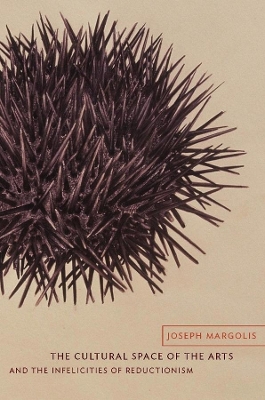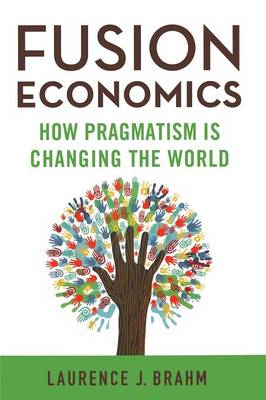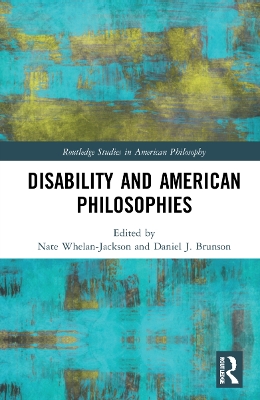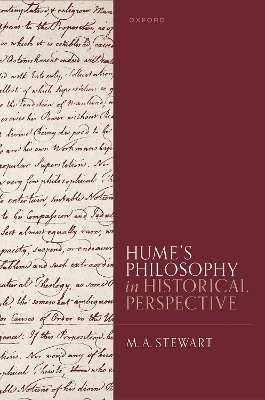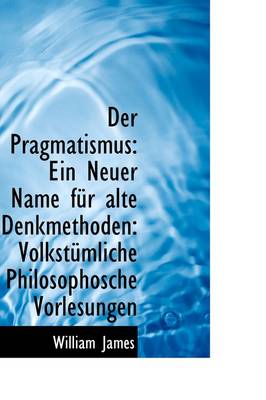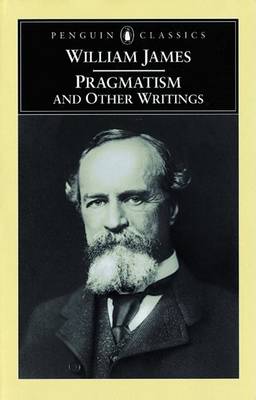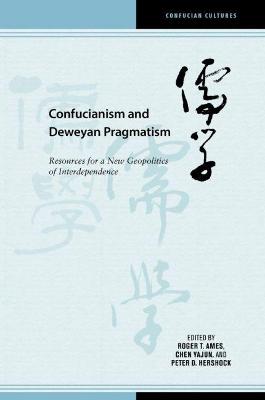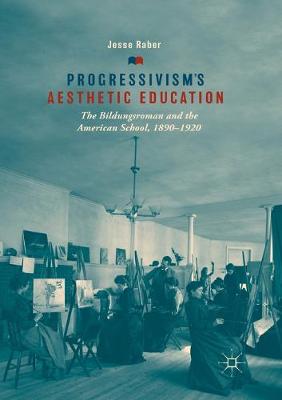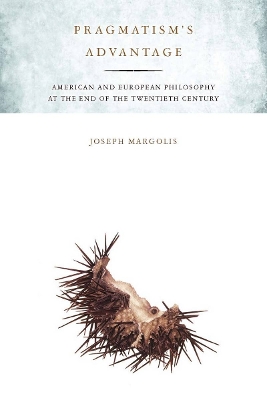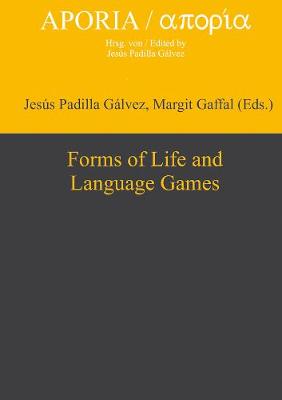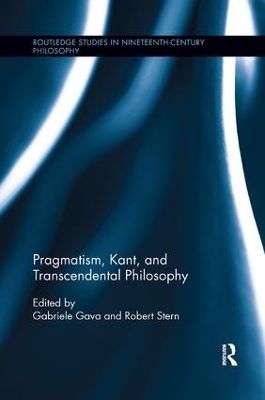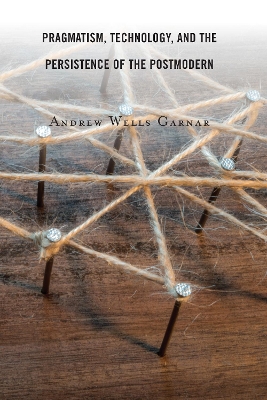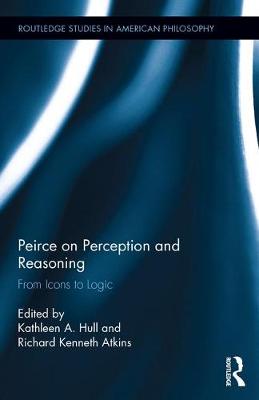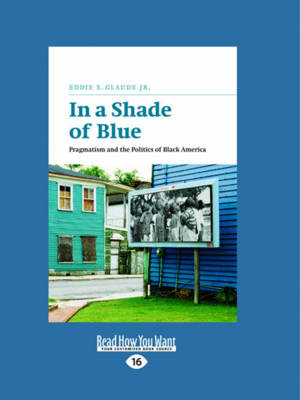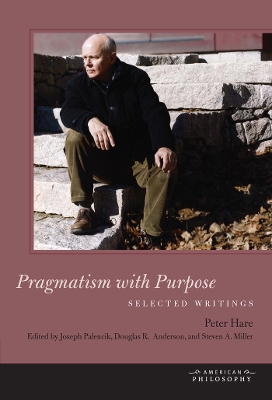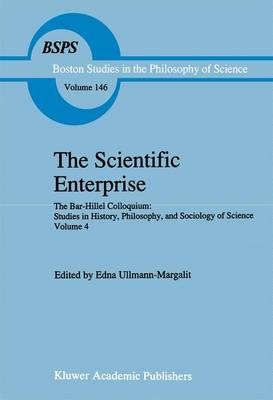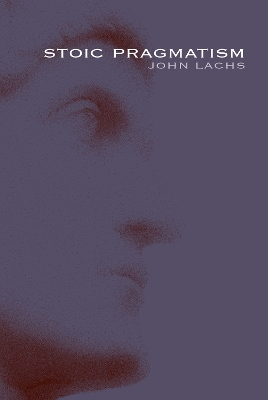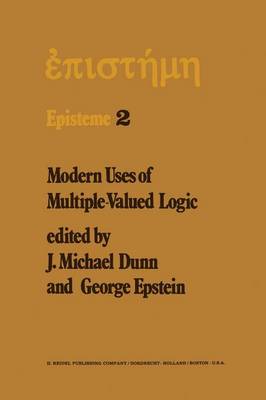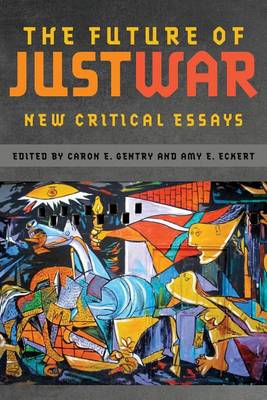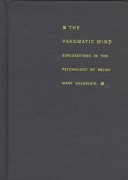Joseph Margolis, known for his considerable contributions to the philosophy of art and aesthetics, pragmatism, and American philosophy, has focused primarily on the troublesome concepts of culture, history, language, agency, art, interpretation, and the human person or self. For Margolis, the signal problem has always been the same: how can we distinguish between physical nature and human culture? How do these realms relate? The Cultural Space of the Arts and the Infelicities of Reductionism id...
Contemporary Feminist Pragmatism (Routledge Studies in Contemporary Philosophy)
The notion of "feminist pragmatism" or "pragmatist feminism" has been around since Charlene Haddock Seigfried introduced it two decades ago. However, the bulk of the work in this field has been directed toward recovering the feminist strain of classical American philosophy, largely through renewed interest in the work of Jane Addams. This exploration of the origins of feminism and pragmatism has been fruitful in building a foundation for theoretical considerations. The editors of this volume b...
The current international financial system has created a huge gap between the wealthy and the rest. Grounded and straightforward in his approach, Brahm calls for a turn away from economic systems dangerously steeped in ideology and stymied by politics, outlining a new global consensus based on pragmatism, common sense, and grass-roots realities.
Disability and American Philosophies (Routledge Studies in American Philosophy)
Given basic commitments to philosophize from lived experience and a shared underlying meliorist impulse, American philosophical traditions seem well-suited to develop nascent philosophical engagement with disability studies. To date, however, there have been few efforts to facilitate research at the intersections of American philosophy and disability studies. This volume of essays seeks to offer some directions for propelling this inquiry. Scholars working in pragmatist and other American tradit...
David Hume was a highly original thinker. Nevertheless, he was a writer of his time and place in the history of philosophy. In this book, M. A. Stewart puts Hume's writing in context, particularly that of his native Scotland, but also that of British and European philosophy more generally. Through meticulous research Stewart brings to life the circumstances by means of which we can get a deeper understanding of Hume's writings on the nature and reach of human reason, the foundation of morals, an...
The writings of William James represent one of America's most original contributions to the history of ideas. Ranging from philosophy and psychology to religion and politics, James composed the most engaging formulation of American pragmatism. 'Pragmatism' grew out of a set of lectures and the full text is included here along with 'The Meaning of Truth', 'Psychology', 'The Will to Believe', and 'Talks to Teachers on Psychology'.
Over the past generation, the rise of East Asia and especially China, has brought about a sea change in the economic and political world order. At the same time, global warming, environmental degradation, food and water shortages, population explosion, and income inequities have created a perfect storm that threatens the very survival of humanity. It is clear now that the Westphalian model of individual sovereign states seeking their own self-interest will not be able to respond effectively to t...
During the Progressive Era in the United States, as teaching became professionalized and compulsory attendance laws were passed, the public school emerged as a cultural authority. What did accepting this authority mean for Americans' conception of self-government and their freedom of thought? And what did it mean for the role of artists and intellectuals within democratic society? Jesse Raber argues that the bildungsroman negotiated this tension between democratic autonomy and cultural authority...
This book addresses the rift between major philosophical factions in the United States, which the author describes as a "philosophically becalmed" three-legged creature made up of analytic philosophy, continental philosophy, and pragmatism. Joseph Margolis offers a modified pragmatism as the best way out of this stalemate. Whether he is examining Heidegger or rethinking the foibles of Dewey, Rorty, and Peirce, much of nineteenth- and twentieth-century Western philosophy comes into play as Margol...
Forms of Life and Language Games (Aporia)
Ludwig Wittgenstein's writings inspired contemporary philosophical thinking and advanced many issues that had been addressed by traditional philosophy. The questions raised by the Viennese philosopher initiated debates on a reconsideration of philosophical terminology. This is especially true for a term that has generated at least three significant controversies since its creation and will probably generate more disputes in the following years. It is the expression "form(s) of life" which transl...
Pragmatism, Kant, and Transcendental Philosophy (Routledge Studies in Nineteenth-Century Philosophy)
Philosophers working within the pragmatist tradition have pictured their relation to Kant and Kantianism in very diverse terms: some have presented their work as an appropriation and development of Kantian ideas, some have argued that pragmatism is an approach in complete opposition to Kant. This collection investigates the relationship between pragmatism, Kant, and current Kantian approaches to transcendental arguments in a detailed and original way. Chapters highlight pragmatist aspects of Kan...
Pragmatism, Technology, and the Persistence of the Postmodern
by Andrew Wells Garnar
Is postmodernity over? Does postmodernism still have anything important to say? Pragmatism, Technology, and the Persistence of the Postmodern argues “yes” to both. Despite the claims of a number of scholars that “postmodern” is over and done with, Andrew Wells Garnar demonstrates its continued relevance by carefully examining the use of information and communication technologies. These technologies illustrate many important postmodern concepts, thus showing the continued significance of postmode...
Peirce on Perception and Reasoning (Routledge Studies in American Philosophy)
The founder of both American pragmatism and semiotics, Charles Sanders Peirce (1839-1914) is widely regarded as an enormously important and pioneering theorist. In this book, scholars from around the world examine the nature and significance of Peirce's work on perception, iconicity, and diagrammatic thinking. Abjuring any strict dichotomy between presentational and representational mental activity, Peirce's theories transform the Aristotelian, Humean, and Kantian paradigms that continue to hold...
In this provocative book, Eddie S. Glaude Jr., one of our nation's rising young Afircan American intellectuals, makes an impassioned plea for black America to address its social problems by recourse to experience and with an eye set on the promise and potential of the future, rather than the fixed ideas and categories of the past. Central to Glaude's mission is a rehabilitation of philosopher John Dewey, whose ideas, he argues, can be fruitfully applied to a renewal of African American politics...
Pragmatism with Purpose (American Philosophy)
by Peter Hare, Douglas R. Anderson, and Steven A. Miller
Pragmatism with Purpose collects essays by the late Peter Hare, a leading proponent of the American philosophical tradition. The volume includes essays on “holistic pragmatism” that Hare developed in conversation with Morton White, as well as historical articles on William James and C. S. Peirce and commentaries on the profession.
The Scientific Enterprise (Boston Studies in the Philosophy and History of Science, #146)
The volume before us is the fourth in the series of proceedings of what used to be the Israel Colloquium for the History, Philosophy and Sociology of Science. This Colloquium has in the meantime been renamed. It now bears the name of Yehoshua Bar-Hillel (1915-1975). Bar-Hillel was an eminent philosopher of science, language, and cognition, as well as a fearless fighter for enlightenment and a passionate teacher who had a durable influence on Israeli philosophical life. The essays collected in th...
John Lachs, one of American philosophy's most distinguished interpreters, turns to William James, Josiah Royce, Charles S. Peirce, John Dewey, and George Santayana to elaborate stoic pragmatism, or a way to live life within reasonable limits. Stoic pragmatism makes sense of our moral obligations in a world driven by perfectionist human ambition and unreachable standards of achievement. Lachs proposes a corrective to pragmatist amelioration and stoic acquiescence by being satisfied with what is g...
Modern Uses of Multiple-Valued Logic (Episteme, #2)
This is a collection of invited papers from the 1975 International Sym posium on Multiple-valued Logic. Also included is an extensive bib liography of works in the field of multiple-valued logic prior to 1975 - this supplements and extends an earlier bibliography of works prior to 1965, by Nicholas Rescher in his book Many-Valued Logic, McGraw-Hill, 1969. There are a number of possible reasons for interest in the present volume. First, the range of various uses covered in this collection of pa...
Future of Just War, The: New Critical Essays (Studies in Security and International Affairs)
The Pragmatic Mind is a study of the pragmatism of Emerson, James, and Peirce and its overlooked relevance for the neopragmatism of thinkers like Richard Rorty, Stanley Cavell, Stanley Fish, and Cornel West. Arguing that the "original" pragmatists are too-often cited casually and imprecisely as mere precursors to this contemporary group of American intellectuals, Mark Bauerlein explores the explicit consequences of the earlier group's work for current debates among and around the neopragmatists....
Handelndes Lernen Im Philosophieunterricht (Ethik Und Bildung)
by Klaus Feldmann
